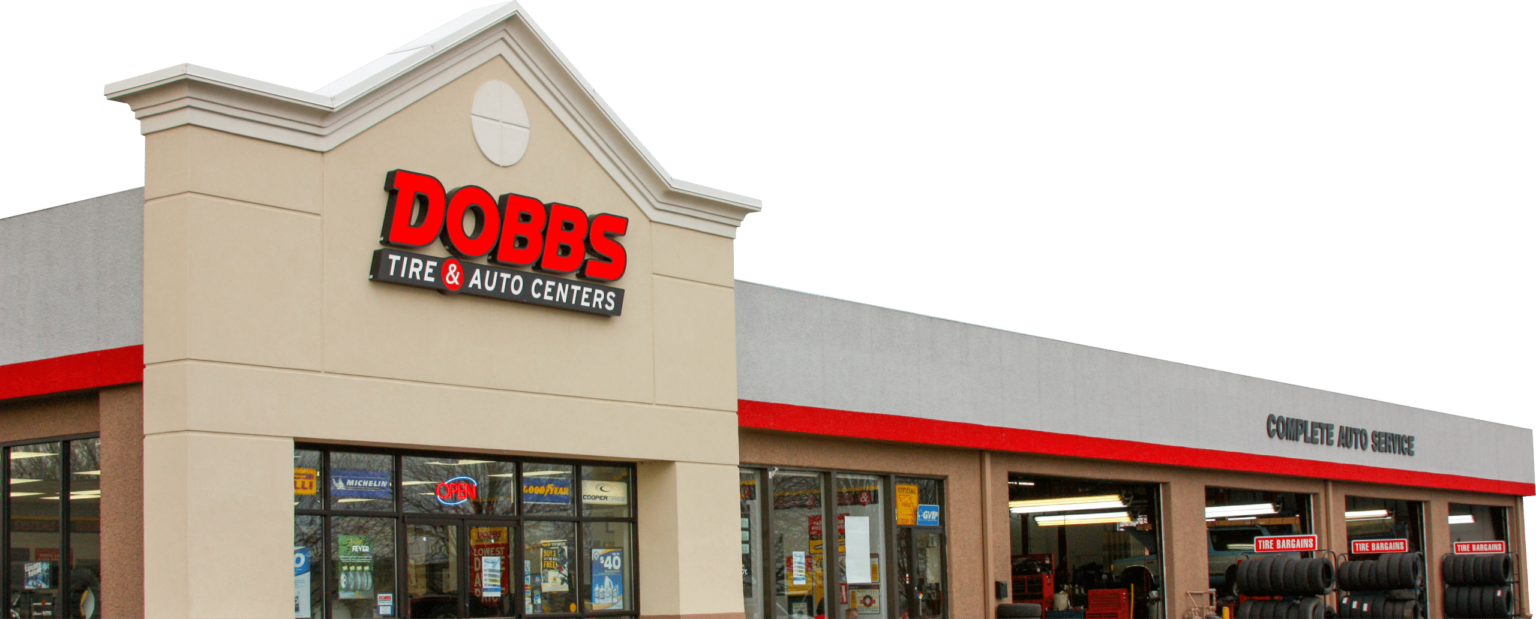Technician Talk – Six Things to Avoid Saying
Really, this article could be entitled “How to Make Your Technician Laugh or Cry,” but what has been written has been written. If there is one thing that is a constant, whether your vehicle is the “most reliable” or not, it’s that it needs your constant care and attention. What if you’re not an automobile repair technician? While you are the one driving your car every day, you’ll need to call on the services of a technician to maintain, diagnose, and repair your car.
When you take your car to the shop, whether for maintenance or repair, you can’t simply drop the car off and say “Fix it and bill me,” though we’ve heard exactly that on a number of occasions. You have to let us know what’s going on with your car. Every shop visit starts with communication between you and a service advisor. During the maintenance or repair process, they’ll let you know how things are going, updates on findings with your vehicle, suggested resolutions, and all-important repair and delivery estimates.
“I don’t know anything about cars.”
That’s ok, because we realize that we can’t all be mechanics. Still, that doesn’t mean that you shouldn’t take a little bit of time to educate yourself about your car. A great place to start would be the repair and maintenance manual that comes with every vehicle on the road. If you don’t have one, you can check with your dealership or maybe find one online, such as on eBay, Amazon, or JustGiveMeTheDamnManual.com.
The manual will give you great information that can help you drive your car better and help it last longer. For example, tire pressure is critical to the lifespan of your tires and the safety and traction they provide. Taking a few minutes a week to adjust tire pressures is great insurance, and the information you need to do it is right there in the manual. Under the hood, it’s good to know how to check critical items, such as engine oil, engine coolant, brake fluid, and washer fluid.
If your service advisor says you need a Flanders valve, and you don’t know what that is, you can look it up online. Of course, your service advisor should also be able to explain it in terms you can understand, so you can make a good repair decision.
“Doesn’t the computer tell the technician what to replace?”
There seems to be some confusion regarding exactly what auto diagnostics is, and why you should pay for it. Some people think that we can just plug in a scan tool and the scan tool responds with “Replace Flanders valve.” Really, the scan tool doesn’t tell us anything more than what the onboard computer is seeing. To diagnose the problem and suggest a repair, it takes special tools, years of training, experience, and deductive reasoning. Considering the dozens of ways parts can fail, you need a technician’s analytical mind on the job to diagnose it properly.
“Why can’t you use my parts?”
When you get a quote for a certain repair, you’ll notice that parts prices are higher than what you might find in the local auto parts store or online. We’ve had people just order parts and tell us to use those, sometimes with disastrous results, depending on your point of view. You can probably also imagine, however, that repair shops stick with parts they know and trust, reliable parts with a proven lifespan.
True, your parts may fit properly and seem to work properly, but premature failure or some other inadequacy could send you right back to the shop, if it doesn’t strand you or cause an accident. Using your parts adds an unknown element most shops don’t want to take responsibility for.
“That’s too expensive.”
…as you look over the rims of your Ray Bans, sipping a Starbucks cup, and text someone on your new iPhone. Is it wrong to have nice things? Absolutely not! Still, we think you’ll probably agree that it would be “wrong” to neglect those nice things. After spending tens of thousands of dollars on a new car, maintenance and repair costs seem to catch many owners by surprise, especially luxury and sports cars.
When considering the costs of any given repair, think about what your car does for you and how it does it. Spending a few hundred dollars on a timing belt or timing chain repair could save you thousands of dollars in engine repairs or prevent you from getting stranded. New tires, suspension and steering repairs, and a computerized wheel alignment might seem expensive, but it’ll keep you on the road for years to come.
“It’s the Flanders valve. I read it online.”
Just like we can’t just plug in the scan tool and get a “Replace Flanders Valve” message, online automobile diagnostics, similar to over-the-phone automobile diagnostics, is little more than a guessing game. True, some vehicles tend to have similar problems, but statistics don’t favor the individual. You probably don’t want to spend money on a guess, and chances are high that your technician doesn’t want to waste his time on a guess.
“XYZ Auto will do it for less.”
There’s really no way to compare repair costs between two different shops. Maybe their labor rate is lower or maybe their parts are less expensive. Of course, no one is preventing you from shopping around, but you have to ask yourself why their prices are lower. Maybe they’re not using ASE Certified technicians, or they’re less-experienced. Maybe their parts are less reliable, or they’re using substandard tooling and supplies. Does XYZ Auto stand by their work? Are you willing to pay for deficiencies in future repairs?
Dobbs Tire & Auto Centers
Just as communication is key to any good relationship, what you say to your service advisor can set you up for a great relationship. In the end, we hope that you can communicate a little better with your technician and have a great repair experience. At Dobbs Tire & Auto Centers, we employ ASE-Certified auto repair technicians and service advisors. Each is ready to address your concerns, for maintenance, diagnosis, and repair, and ready to hear what you have to say. Give us a call or visit one of our 50 locations, and let’s start a conversation!

